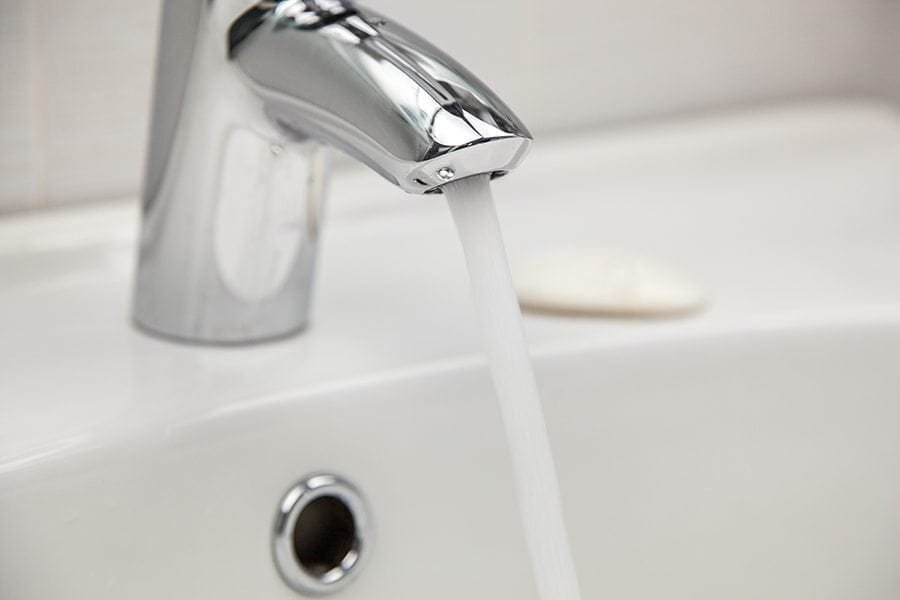Two hundred and twenty-four Tory and Lib Dem MPs, including half of David Cameron’s cabinet, face the prospect of fracking firms drilling through sensitive water catchment areas in their constituencies despite widespread opposition, new analysis by Greenpeace UK has revealed.
Ahead of a crucial vote on new fracking legislation on Monday, environmental campaigners have also published a separate YouGov survey showing more than half (56%) of people in Great Britain feel unfavourable towards government plans to allow fracking on land that feeds Britain’s aquifers.
The poll also reveals only one in three (36%) people think that fracking in Great Britain would be carried out safely.
Fracking cover-up – ‘censored’ report must be released in full before MPs vote
Preparing to vote
The findings were published today as MPs prepare to cast their first vote on the Infrastructure Bill on Monday.
As well as allowing shale firms to drill underneath people’s houses and leave ‘any’ substance there, the proposed legislation fails to ban fracking in the sensitive areas supplying Britain’s groundwater reserves, with the exception of the ground closest to the aquifer.
Groundwater protection zones cover about 15% of England and Wales and provide a third of their drinking water – a contribution rising to 80% in some areas of southern England.
Water contamination
By overlaying maps of constituencies, groundwater reserves and onshore licence blocks, Greenpeace UK has found more than three-quarters of Tory constituencies, and about half of all Lib Dem seats, contain areas where fracking licences and water catchment areas overlap.
These comprise the seats of 14 of the 30 ministers attending cabinet, including senior figures like George Osborne, William Hague, Theresa May and Michael Fallon, as well as energy minister Matthew Hancock.
Numerous studies and reports by leading US research centres and state authorities have confirmed that fracking operations have contaminated water with methane and other dangerous chemicals.
‘High’ risk
A European Commission report published in 2012 concluded that the cumulative risk of groundwater and surface water pollution from spillages, leaks and equipment failures was ‘high.’
‘Whether MPs are in favour or against fracking, protecting Britain’s major sources of drinking water from this risky industry should be a no-brainer. You simply don’t take chances with such a vital and irreplaceable resource, especially when evidence of harmful impacts from fracking keeps growing.
‘Next week’s vote is really the ultimate test of whether our politicians are ready to put the well-being of their communities before the interests of the fracking lobby. Their constituents will no doubt be watching and taking note.’
Simon Clydesdale, Greenpeace energy campaigner
 Play Video about This Rock Might Just Save The World
Play Video about This Rock Might Just Save The World Play Video about Play 2 hours of rock
Play Video about Play 2 hours of rock Play Video about Play 2 hours of brook
Play Video about Play 2 hours of brook Play Video about Play 2 hours of sheep
Play Video about Play 2 hours of sheep











































